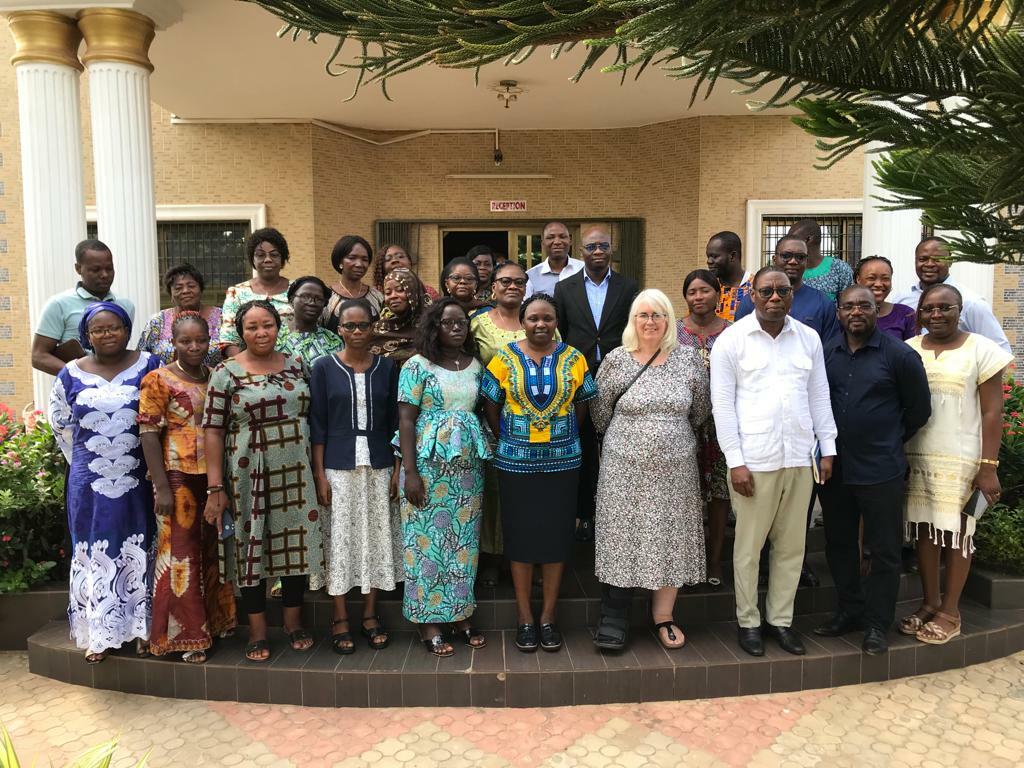
Background
The number of pregnant women delivering in health facilities in Low- and Middle-Income Countries (LMICs) increased from 81 to 86 percent between 2015 and 2022. However, despite the steady increase in health facility births, maternal mortality remains unacceptably high in LMICs. There is a renewed call to focus on quality of care provided for pregnant women and babies in health facilities considering that a high number of women are dying due to poor quality of maternity care rather than lack of access to maternity care. Among the causes of poor quality of care is inadequate capacity of health workers which can be addressed through in service capacity building initiatives such as training and mentorship. Regular training for health professionals is essential to equip them with the skills, knowledge and competencies needed to provide integrated antenatal (ANC), intrapartum and postnatal (PNC) services.
Since 2017, the Emergency Obstetric & Quality of Care Unit (EmOC&QoC) Unit of the Liverpool School of Tropical Medicine (LSTM) has been working in Togo to implement a project to improve the quality of integrated HIV, Tuberculosis and Malaria services during antenatal (ANC) and postnatal care (PNC) through skills-based provider training and standards-based audit (SBA). This project is funded by the generous support of Global Fund to fight AIDS, Tuberculosis and Malaria, and implemented in partnership with the University of Lomé, and the Ministry of Health in Togo.
Highlights from the meeting
The one-day dissemination meeting was held on 07th December 2023 in Lome, Togo, to engage key stakeholders involved in maternal and child health work in Togo including representatives from Ministry of Health, University of Lome, non-governmental organizations, medical associations, and LSTM staff. The objectives of the meeting were to 1) share research findings from work into quality improvement of integrated HIV, TB and Malaria services during ANC and PNC, and 2) involve stakeholders the design and implementation of the next phase of project. Dissemination of research findings and programme experiences facilitates uptake of evidence-based decision making by local and international stakeholders.
Key research findings highlighted the impact of capacity building initiatives on maternity care including, improvements in knowledge and skills of 595 trained health workers in ANC and PNC, increased ANC-PNC attendance, and health facility-based deliveries. 249 health workers were trained in standards-based audit which contributed to the establishment of functional quality improvement teams at health facility level. The meeting ended with insightful feedback on future implementation work on capacity building initiatives and adoption of the national Quality Assurance of Services policy & evaluation tools as recommended by the Ministry of Health.
